God And The Problem Of Evil
$29.99
Introduction Chad V. Meister And James K. Dew Jr.
Part 1: Perspectives On The Problem Of Evil
1. The Classic View Phillip Cary
2. The Molinist View William Lane Craig
3. The Open Theist View William Hasker
4. The Essential Kenosis View Thomas Jay Oord
5. The Skeptical Theist View: A Journey Stephen Wykstra
Part 2: Responses
6. Response To Other Contributors Phillip Cary
7. Response To Other Contributors William Lane Craig
8. Response To Other Contributors William Hasker
9. Response To Other Contributors Thomas Jay Oord
10. Response To Other Contributors Stephen Wykstra
Author Index
Subject Index
Additional Info
Evil abounds. And so do the attempts to understand God in the face of such evil. The problem of evil is a constant challenge to faith in God. How can we believe in a loving and powerful God given the existence of so much suffering in the world? Philosophers and theologians have addressed this problem countless times over the centuries. New explanations have been proposed in recent decades drawing on resources in Scripture, theology, philosophy, and science. God and the Problem of Evil stages a dialogue between the five key positions in the current debate: Phillip Cary: A Classic ViewWilliam Lane Craig: A Molinist ViewWilliam Hasker: An Open Theist ViewThomas J. Oord: An Essential Kenosis ViewStephen Wykstra: A Skeptical Theism View According to the classic position, associated especially with the Augustinian tradition, God permits evil and suffering as part of the grand narrative of divine providence to bring about the redemption of creation. Molinism modifies the classic view by adding God’s middle knowledge to the picture, in which God has knowledge of what creatures would do in all possible worlds. Open theism rejects the determinism of the classic view in favor of an account of God as a risk-taker who does not know for sure what the future holds. Essential kenosis goes further in providing a comprehensive theodicy by arguing that God cannot control creatures and thus cannot unilaterally prevent evil. Skeptical theism rejects the attempt to provide a theodicy and instead argues that, if God exists, we should not expect to understand God’s purposes. Edited, with an introduction, by Chad Meister and James K. Dew Jr., God and the Problem of Evil hosts a generous and informative conversation on one of the most pressing issues in the Christian life.
in stock within 3-5 days of online purchase
SKU (ISBN): 9780830840243
ISBN10: 0830840249
Editor: Chad Meister | Editor: James Dew
Binding: Trade Paper
Published: May 2017
Spectrum Multiview Books
Publisher: InterVarsity Press
Print On Demand Product
Related products
-
Tactics 10th Anniversary Edition (Anniversary)
$22.99In a world indifferent or even opposed to Christian truth, followers of Christ must be better equipped to communicate the timeless of the Christian faith. But how do you have a conversation with someone who is intent on proving you wrong and won’t accept the Bible as a source of authority?
In Tactics, Gregory Koukl demonstrates how to artfully regain control of conversations, keeping them moving forward in constructive ways through thoughtful diplomacy. You’ll learn how to maneuver comfortably and graciously through the minefields of a challenging discussion, how to stop challengers in their tracks, and how to turn the tables on question or provocative statement. Most importantly, you’ll learn how to get people thinking about Jesus.
Drawing on extensive experience defending Christianity in the public square, Koukl shows you how to:
*Initiate conversations effortlessly
*Present the truth clearly, cleverly, and persuasively
*Graciously and effectively expose faulty thinking
*Skillfully manage the details of dialogue
*Maintain an engaging, disarming style even under attackTactics provides the game plan for communicating the compelling truth about Christianity with confidence and grace.
Add to cartin stock within 3-5 days of online purchase
-
Confronting Injustice Without Compromising Truth
$22.99God does not suggest, he commands that we do justice.
Social justice is not optional for the Christian. All injustice affects others, so talking about justice that isn’t social is like talking about water that isn’t wet or a square with no right angles. But the Bible’s call to seek justice is not a call to superficial, kneejerk activism. We are not merely commanded to execute justice, but to “truly execute justice.” The God who commands us to seek justice is the same God who commands us to “test everything” and “hold fast to what is good.”
Drawing from a diverse range of theologians, sociologists, artists, and activists, Confronting Injustice without Compromising Truth, by Thaddeus Williams, makes the case that we must be discerning if we are to “truly execute justice” as Scripture commands. Not everything called “social justice” today is compatible with a biblical vision of a better world. The Bible offers hopeful and distinctive answers to deep questions of worship, community, salvation, and knowledge that ought to mark a uniquely Christian pursuit of justice. Topics addressed include:
Racism
Sexuality
Socialism
Culture War
Abortion
Tribalism
Critical Theory
Identity PoliticsConfronting Injustice without Compromising Truth also brings in unique voices to talk about their experiences with these various social justice issues, including:
Michelle-Lee Barnwall
Suresh Budhaprithi
Eddie Byun
Freddie Cardoza
Becket Cook
Bella Danusiar
Monique Duson
Ojo Okeye
Edwin Ramirez
Samuel Sey
Neil Shenvi
Walt SobchakIn Confronting Injustice without Compromising Truth, Thaddeus Williams transcends our religious and political tribalism and challenges readers to discover what the Bible and the example of Jesus have to teach us about justice. He presents a compelling vision of justice for all God’s image-bearers that offers hopeful answers to life’s biggest questions.
Add to cartin stock within 3-5 days of online purchase
-
Life Lessons From Philippians
$14.99An unexpected bill. An upcoming doctor’s appointment. A tense family visit. The list could go on. Every day struggles of all sizes creep into our lives, leaving us stressed. Frustrated. Anxious. Just plain miserable. The believers in Philippi were struggling. They were trying to grow in faith and live for Christ. Trying to deal with conflict and threats of persecution. The apostle Paul was stuck in a Roman prison when he wrote to this young church. His letter could have focused on his own troubles. Instead he wrote about living a life full of joy, peace, and contentment. He reminds us of important biblical truths and points us to Jesus as the ultimate example. Paul’s letter encourages. It inspires. His confidence reminds us of God’s wisdom and control in the difficult moments of life. His excitement challenges us in this guide to joy.
The Life Lessons with Max Lucado series brings the Bible to life in twelve lessons filled with intriguing questions, inspirational stories, and poignant reflections to take you deeper into God’s Word. Each lesson in this updated edition of the bestselling series includes an opening reflection, a description of the context in which the passage was written, an excerpt of the text (from the New International and New King James versions), exploration and reflection questions on the passage, inspirational thoughts on the theme from Max Lucado, and a closing Life Lessons takeaway and personal devotion.
The Life Lessons with Max Lucado series is ideal for use in both a small-group setting or for individual study.
Add to cartin stock within 3-5 days of online purchase

 Personal Size Giant Print Bible
Personal Size Giant Print Bible
 Devotional Crossword Puzzle Renew Your Mind
Devotional Crossword Puzzle Renew Your Mind
 Application Bible Comfort Print
Application Bible Comfort Print
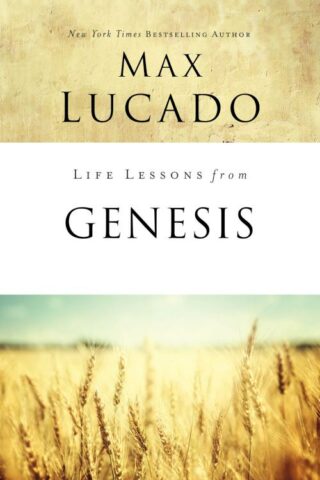 Life Lessons From Genesis
Life Lessons From Genesis
 Our Hands Are Stained With Blood Revised And Expanded Edition (Expanded)
Our Hands Are Stained With Blood Revised And Expanded Edition (Expanded)
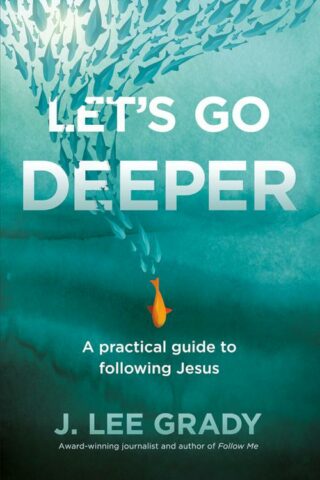 Lets Go Deeper
Lets Go Deeper
 Angel Of Second Street
Angel Of Second Street
 Teen Study Bible
Teen Study Bible
 Mi Nueva Vida Estudio Biblico (Student/Study Guide) - (Spanish) (Student/Study G
Mi Nueva Vida Estudio Biblico (Student/Study Guide) - (Spanish) (Student/Study G
 Shepherd King : The Life And Times Of King David In Israel
Shepherd King : The Life And Times Of King David In Israel
 Lets Go Bible Adventures
Lets Go Bible Adventures
 Good Clean Sports Jokes For Kids
Good Clean Sports Jokes For Kids
 As Sure As The Dawn (Anniversary)
As Sure As The Dawn (Anniversary)
 Giant Print Bible Filament Enabled Edition
Giant Print Bible Filament Enabled Edition
 You Are Redeemed
You Are Redeemed
 Marriage : To Have And To Hold
Marriage : To Have And To Hold
 Fantastic Pocket Bible Trivia
Fantastic Pocket Bible Trivia
 Wonder Of Creation
Wonder Of Creation
 Rose Guide To Exodus
Rose Guide To Exodus
 Bible For Teen Guys
Bible For Teen Guys
 How God Grows A Strong Boy
How God Grows A Strong Boy
 Answers Book For Kids 2
Answers Book For Kids 2
 Illustrators Notetaking Bible Large Print Edition
Illustrators Notetaking Bible Large Print Edition
 Personal Size Bible Large Print 1995 Text Comfort Print
Personal Size Bible Large Print 1995 Text Comfort Print
 Deeper Roots Vinyl : Where The Bluegrass Grows (Vinyl)
Deeper Roots Vinyl : Where The Bluegrass Grows (Vinyl)
 I Want To Trust You But I Dont
I Want To Trust You But I Dont
 Mere Christianity
Mere Christianity
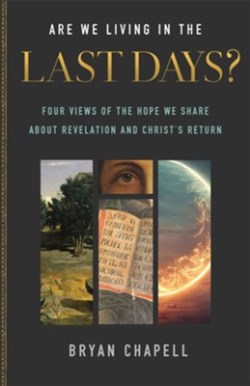 Are We Living In The Last Days
Are We Living In The Last Days
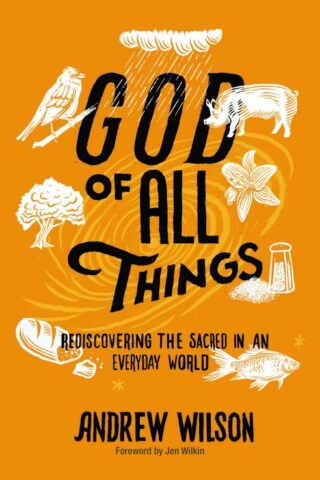 God Of All Things
God Of All Things
 Every Womans Bible Filament Enabled Edition
Every Womans Bible Filament Enabled Edition
 Act Like Jesus Study Guide (Student/Study Guide)
Act Like Jesus Study Guide (Student/Study Guide)
 Explorer Bible For Kids
Explorer Bible For Kids
 Devotional Minutes For Boys
Devotional Minutes For Boys
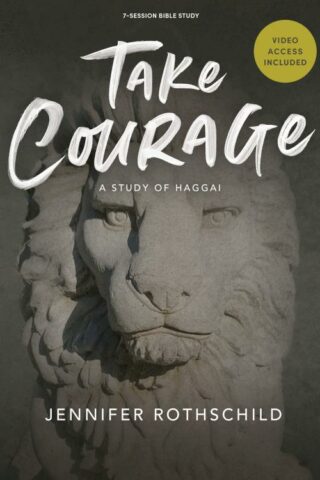 Take Courage Bible Study Book With Video Access (Student/Study Guide)
Take Courage Bible Study Book With Video Access (Student/Study Guide)
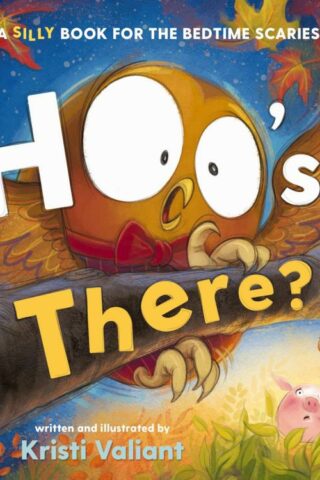 Hoos There : A Silly Book For The Bedtime Scaries
Hoos There : A Silly Book For The Bedtime Scaries
 Rainbow Study Bible
Rainbow Study Bible
 Tortured For Christ
Tortured For Christ
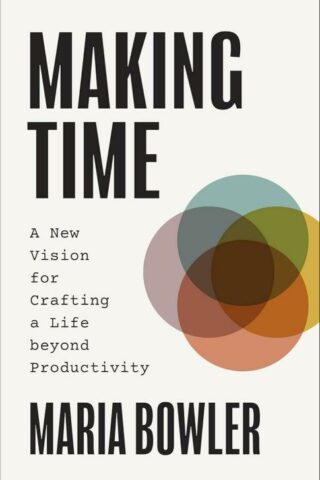



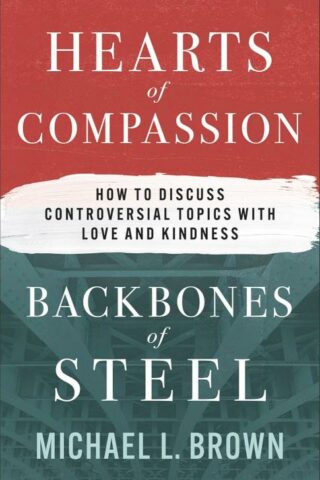
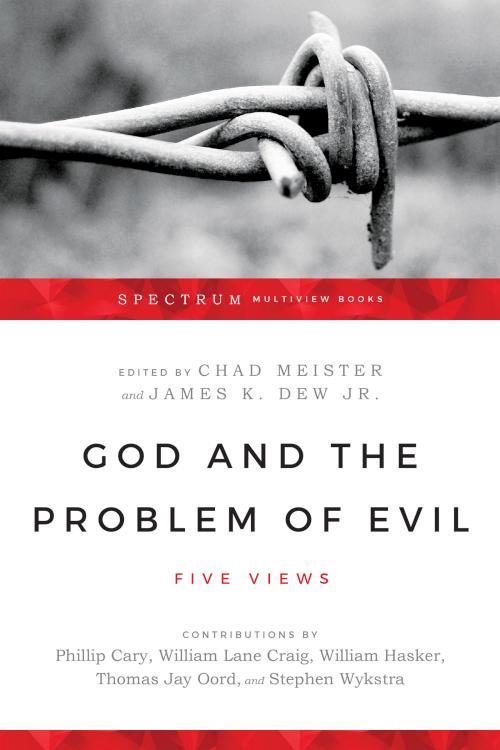
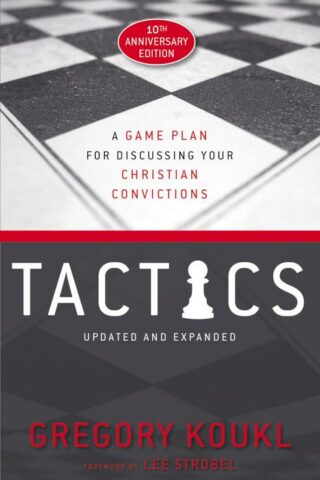
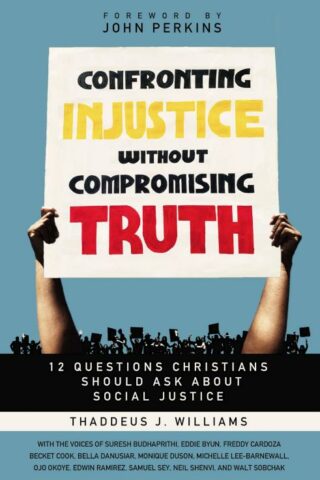

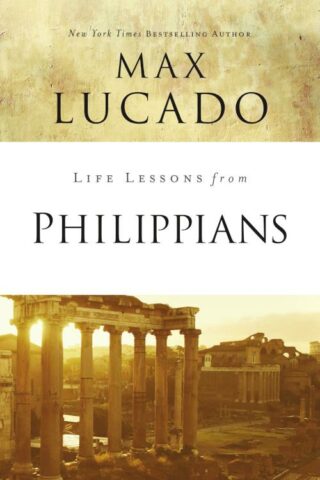


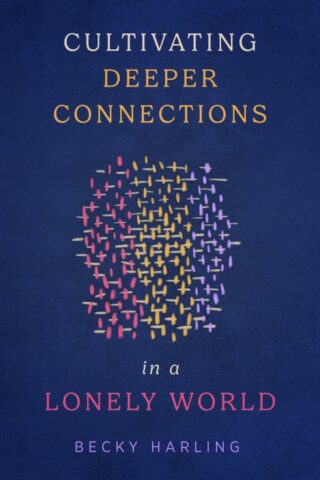

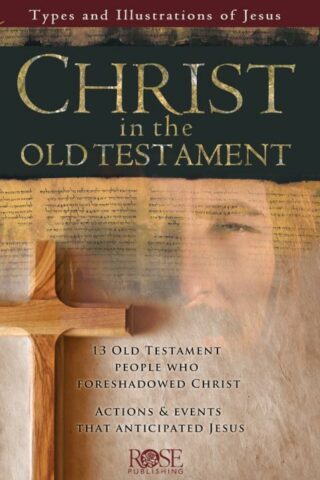
Reviews
There are no reviews yet.